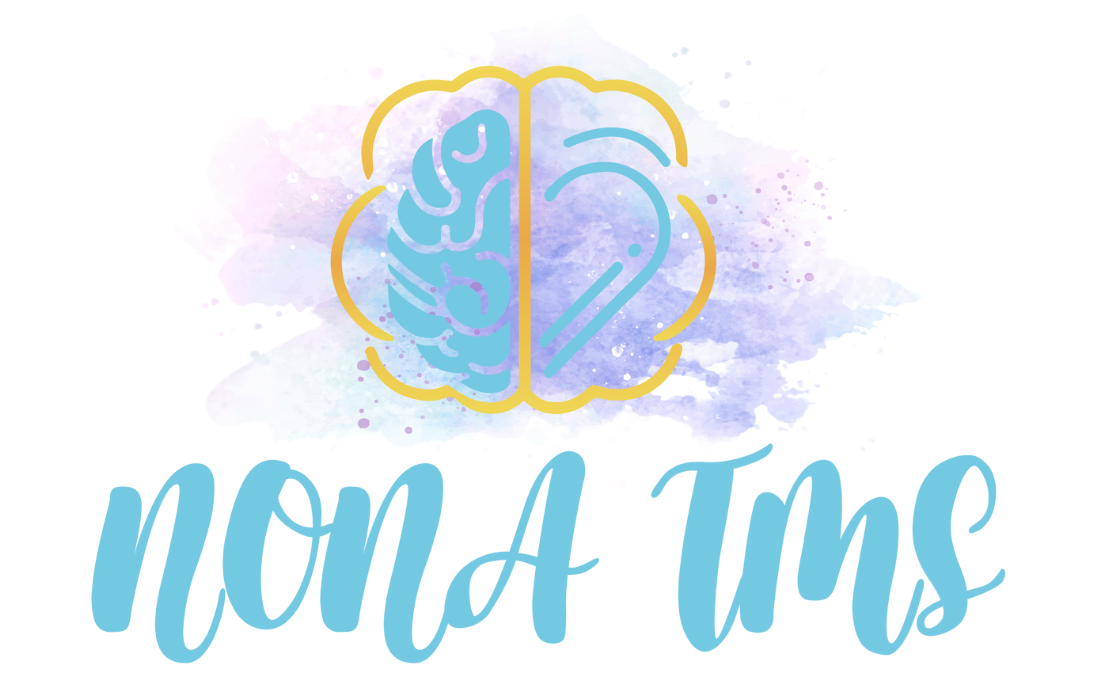For residents of Orlando, Florida, struggling with treatment-resistant depression, there is hope beyond medication. Transcranial Magnetic Stimulation (TMS) offers a drug-free, FDA-approved solution that has transformed the mental health landscape. If you’ve tried antidepressants without success or experienced intolerable side effects, TMS could be the breakthrough treatment you’ve been searching for.
What is TMS?
TMS is a non-invasive treatment that uses magnetic fields to stimulate nerve cells in the brain, specifically targeting areas associated with mood regulation. Unlike medications, which circulate through your entire system, TMS directly addresses the root cause of depression by reactivating underactive regions of the brain.
Approved by the FDA in 2008 for the treatment of major depressive disorder (MDD), TMS is now widely recognized for its efficacy in treating treatment-resistant depression. A 2019 study published in JAMA Psychiatry revealed that approximately 58% of patients treated with TMS achieved a significant reduction in symptoms, with 37% achieving full remission (Carpenter et al., 2019).
Why Choose TMS in Orlando?
Orlando offers a thriving healthcare community, making it an ideal location for advanced mental health treatments like TMS. At Nona TMS, we are dedicated to providing personalized care to help our patients achieve long-term relief from depression. Conveniently located near Lake Nona’s Medical City, our clinic is easily accessible for residents throughout Central Florida.
Real Quotes from Experts
“TMS is a game-changer for patients with depression who have not responded to traditional treatments. By targeting specific brain circuits, we can offer relief without the systemic side effects associated with medication,” says Dr. Mark George, a leading neuroscientist and pioneer in TMS research (Medical University of South Carolina).
Dr. Sarah Lisanby, Director of the Division of Translational Research at the National Institute of Mental Health, notes: “TMS represents a major advance in the treatment of depression, offering a safe and effective option for those who have struggled with other therapies” (NIMH.gov).
Benefits of TMS at Nona TMS
- Drug-Free: TMS eliminates the need for antidepressants, making it ideal for patients sensitive to medication side effects.
- Non-Invasive: There’s no need for surgery or sedation. Patients remain awake and alert during the sessions.
- Minimal Downtime: Each session lasts about 20-40 minutes, and patients can return to their daily activities immediately afterward.
- High Success Rate: TMS has helped countless patients regain control of their lives, even after years of battling depression.
What to Expect During TMS Treatment
At Nona TMS, we prioritize your comfort and well-being throughout the treatment process. Your journey begins with a comprehensive consultation to determine if TMS is right for you. Once treatment begins, you will attend sessions five days a week for 4-6 weeks. Most patients start to notice improvements in mood and energy levels after just a few sessions.
Is TMS Right for You?
TMS is especially beneficial for individuals who:
- Have tried two or more antidepressants without success.
- Experience debilitating side effects from medications.
- Are seeking a holistic, drug-free approach to managing depression.
Get Started Today
If you’re ready to explore a proven, drug-free solution for depression, contact Nona TMS today. Our compassionate team is here to guide you every step of the way. Conveniently located in Orlando’s Lake Nona area, we proudly serve the communities of Kissimmee, Winter Park, and beyond.
Take the first step toward reclaiming your life. Contact us to schedule a consultation.
Sources:
- Carpenter LL, et al. (2019). “Transcranial Magnetic Stimulation (TMS) for Major Depressive Disorder.” JAMA Psychiatry.
- National Institute of Mental Health (NIMH). “Research on TMS for Depression.” www.nimh.nih.gov
- Medical University of South Carolina. “Expert Opinions on TMS Therapy.” www.musc.edu

